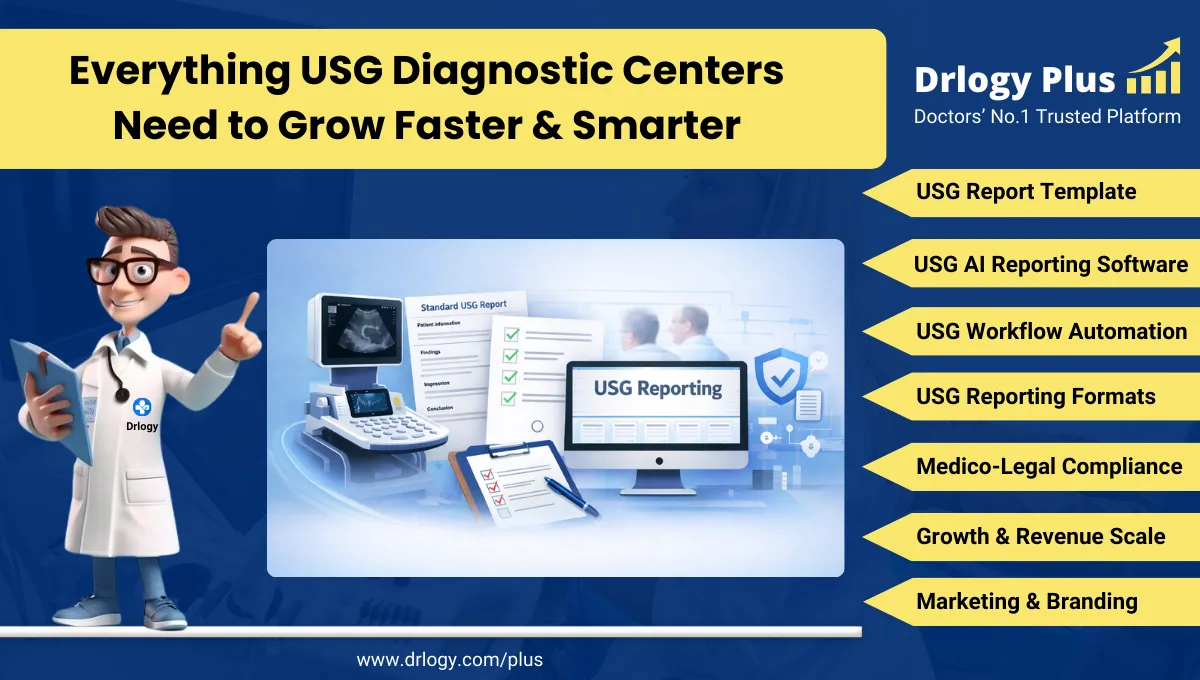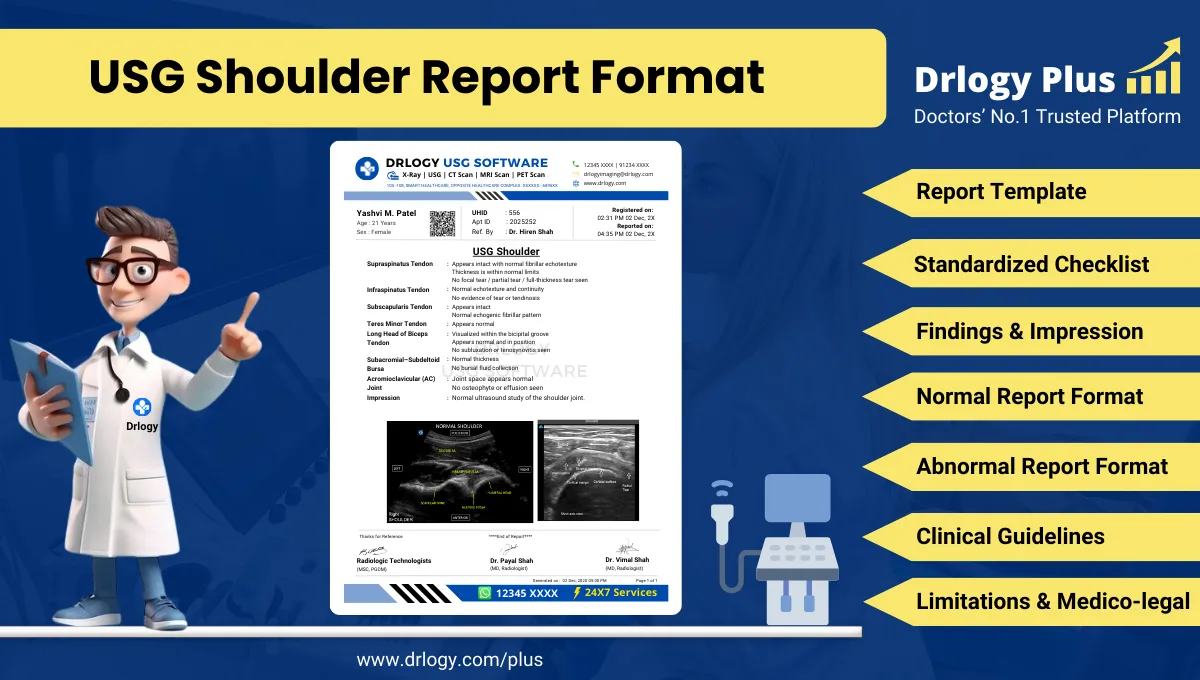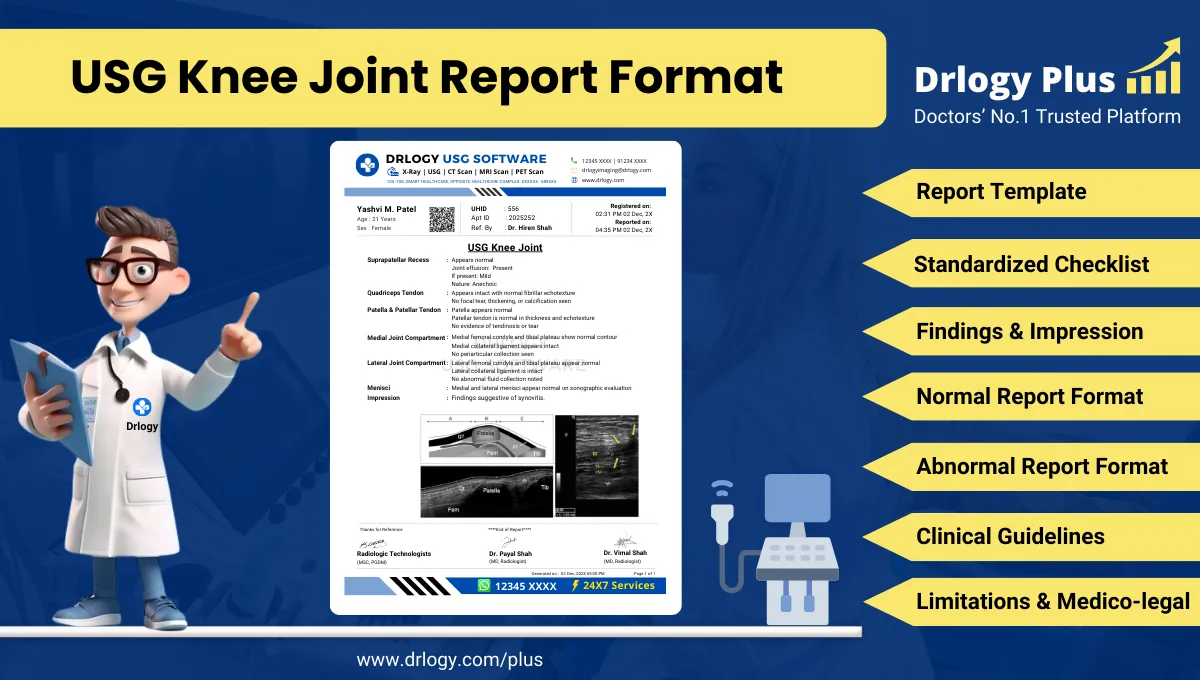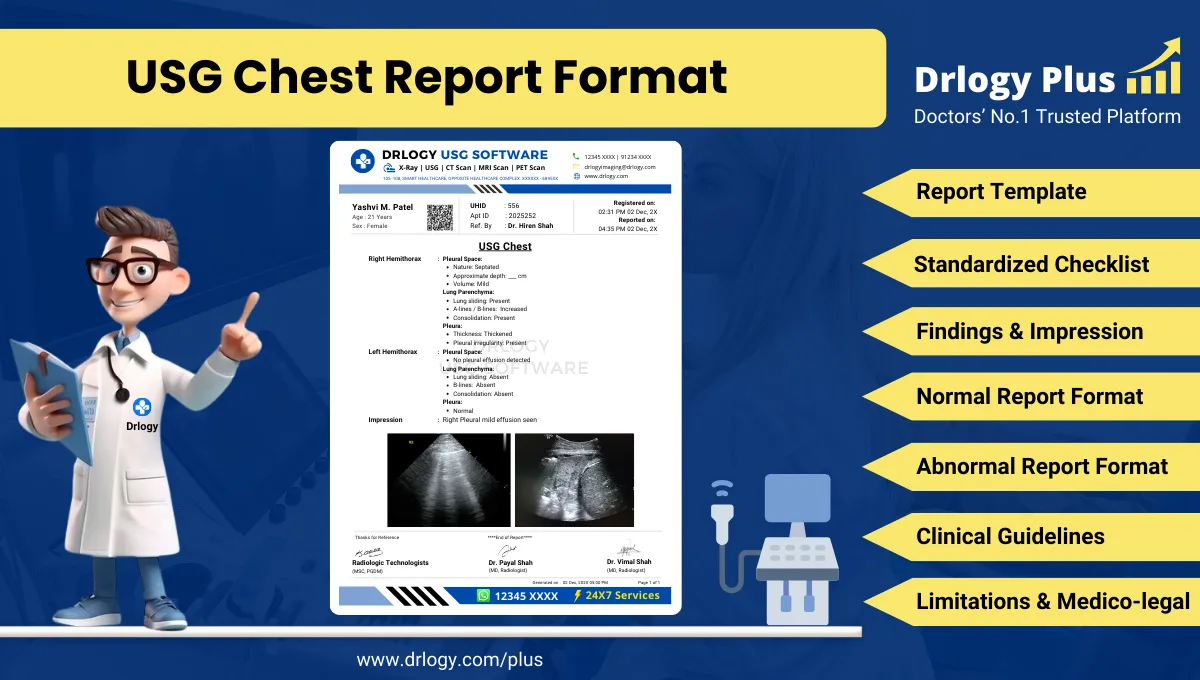

Drlogy
Healthcare organization
Why Doctors Role in Patient Counselling is Important
In patient counseling, doctors play a crucial in providing expert medical guidance, empathetic support, and personalized treatment recommendations, fostering trust and collaboration with patients to ensure optimal health outcomes.
Check:
Their involvement is essential for addressing patient concerns, promoting treatment adherence, and facilitating informed decision-making, thus enhancing the quality of healthcare delivery and patient satisfaction.
Check:
10 Best Ways How Doctor's in Patient Counselling Can Help
Here are 10 Best Ways How Doctor's in Patient Counselling Can Help.

1. Expert Medical Guidance
- Diagnosis Explanation: Doctors can explain medical conditions to patients in detail, including causes, symptoms, and prognosis.
- Treatment Options: Doctors can discuss various treatment options available to patients, including medications, procedures, and lifestyle modifications.
- Risk Assessment: Doctors can help patients understand the risks and benefits associated with different treatment approaches, allowing for informed decision-making.
- Medication Management: Doctors can provide guidance on medication usage, dosage, potential side effects, and interactions to ensure safe and effective treatment.
- Monitoring and Follow-up: Doctors can establish monitoring plans and follow-up schedules to track patients' progress and adjust treatment as needed.
2. Empathetic Support
- Listening and Understanding: Doctors can listen attentively to patients' concerns, fears, and preferences, demonstrating empathy and compassion.
- Emotional Support: Doctors can offer emotional support and reassurance to patients facing challenging medical situations, alleviating anxiety and stress.
- Validation of Feelings: Doctors can validate patients' feelings and experiences, acknowledging the impact of their health condition on their emotional well-being.
- Encouragement: Doctors can provide encouragement and motivation to patients, empowering them to stay positive and resilient throughout their healthcare journey.
- Accessibility: Doctors can make themselves accessible to patients, ensuring they feel comfortable reaching out for support and guidance when needed.
3. Personalized Care
- Individualized Treatment Plans: Doctors can develop personalized care plans tailored to each patient's unique needs, preferences, and goals.
- Cultural Sensitivity: Doctors can consider patients' cultural backgrounds and beliefs when designing treatment approaches, promoting cultural competence and sensitivity.
- Collaborative Decision-Making: Doctors can involve patients in shared decision-making processes, respecting their autonomy and preferences.
- Flexibility: Doctors can adapt their communication and approach to meet the individual needs and preferences of each patient, fostering trust and rapport.
- Continuity of Care: Doctors can provide ongoing support and continuity of care throughout the patient's healthcare journey, ensuring seamless transitions between different healthcare settings.
4. Health Education
- Disease Understanding: Doctors can educate patients about their medical conditions, providing clear and understandable information about the underlying disease process.
- Treatment Understanding: Doctors can explain the rationale behind recommended treatments, helping patients understand how interventions work and their expected outcomes.
- Self-Care Practices: Doctors can teach patients self-care practices and strategies to manage their health conditions effectively, empowering them to take an active in their care.
- Preventive Measures: Doctors can educate patients about preventive measures such as screenings, vaccinations, and healthy lifestyle habits to minimize the risk of future health problems.
- Resource Provision: Doctors can provide patients with educational materials, resources, and referrals to support their ongoing learning and health management.
5. Trust and Confidence
- Building Trust: Doctors can build trust with patients through open communication, honesty, and reliability, fostering a strong patient-provider relationship.
- Confidence in Care: Doctors' expertise and professionalism can instill confidence in patients, assuring them that they are receiving high-quality care.
- Respect for Autonomy: Doctors can respect patients' autonomy and decision-making authority, empowering them to make choices that align with their values and preferences.
- Transparency: Doctors can maintain transparency in their interactions with patients, explaining medical concepts and treatment options in a clear and understandable manner.
- Accountability: Doctors can hold themselves accountable for patients' well-being, taking responsibility for their care and advocating for their best interests.
6. Coordination of Care
- Multidisciplinary Collaboration: Doctors can collaborate with other healthcare professionals, such as nurses, pharmacists, and specialists, to coordinate comprehensive care for patients.
- Care Coordination: Doctors can ensure seamless transitions between different healthcare settings, such as hospitals, clinics, and home care, to optimize continuity of care.
- Referrals and Resources: Doctors can provide referrals to other healthcare services and community resources to address patients' holistic needs beyond medical treatment.
- Information Sharing: Doctors can communicate effectively with other members of the healthcare team, sharing relevant patient information and updates to facilitate coordinated care.
- Patient Advocacy: Doctors can advocate for patients' needs and preferences within the healthcare system, ensuring they receive appropriate and timely interventions.
7. Emotional and Psychological Support
- Empathetic Communication: Doctors can communicate with empathy and sensitivity, acknowledging patients' emotional responses to their health conditions.
- Psychosocial Assessment: Doctors can assess patients' emotional and psychological well-being,entifying concerns such as anxiety, depression, or stress.
- Counseling and Therapy: Doctors can provide counseling and therapy services or refer patients to mental health professionals for additional support.
- Supportive Environment: Doctors can create a supportive and non-judgmental environment where patients feel comfortable expressing their emotions and seeking help.
- Holistic Approach: Doctors can adopt a holistic approach to patient care, addressing both the physical and emotional aspects of health to promote overall well-being.
8. Shared Decision-Making
- Patient Empowerment: Doctors can empower patients to actively participate in their healthcare decisions, respecting their values, preferences, and goals.
- Informed Consent: Doctors can ensure patients have all the necessary information to make informed decisions about their treatment options, including risks, benefits, and alternatives.
- Discussion of Options: Doctors can discuss different treatment options with patients, weighing the pros and cons of each approach and exploring the patient's preferences.
- Respect for Preferences: Doctors can respect patients' autonomy and preferences, even if they differ from the doctor's recommendations, ensuring decisions are aligned with the patient's values.
- Collaborative Planning: Doctors can collaborate with patients to develop personalized care plans that reflect their unique needs and preferences, fostering a sense of ownership and partnership in care.
9. Continual Support and Follow-Up
- Ongoing Monitoring: Doctors can monitor patients' progress and outcomes over time, adjusting treatment plans as needed to optimize results.
- Regular Follow-Up: Doctors can schedule regular follow-up appointments to check in with patients, address any concerns or questions, and provide ongoing support.
- Reassessment of Goals: Doctors can reassess patients' goals and priorities periodically, ensuring their care remains aligned with their evolving needs and preferences.
- Encouragement and Motivation: Doctors can provide encouragement and motivation to patients, celebrating their achievements and milestones along their healthcare journey.
- Accessibility and Availability: Doctors can remain accessible and available to patients between appointments, offering support and guidance as needed and addressing urgent concerns promptly.
10. Advocacy for Patient Rights and Welfare
- Patient Advocacy: Doctors can advocate for patients' rights and welfare within the healthcare system, ensuring they receive equitable access to quality care.
- Respect for Dignity: Doctors can uphold patients' dignity and autonomy, respecting their preferences and choices throughout their healthcare experience.
- Empowerment: Doctors can empower patients to assert their rights and preferences, providing them with the information and support they need to make informed decisions.
- Addressing Barriers: Doctors canentify and address barriers to care, such as financial constraints,uage barriers, or cultural differences, to ensure patients receive the support they need.
- Collaborative Problem-Solving: Doctors can collaborate with patients to address challenges and obstacles to their care, working together to find solutions that meet their needs and priorities.
Drlogy Patient Counseling Guide
| 1. Introduction | 8. Impact |
| 2. Objective | 9. Doctor's |
| 3. Patient Education | 10. Medication Education |
| 4. Patient Counseling Software | 11. Lifestyle Modification |
| 5. Benefits | 12. Patient Support |
| 6. Techniques | 13. Long Term Goal |
| 7. Ideas/Examples | 14. Mistakes To Avoid |
Summary
Overall, the pivotal of doctors in patient counseling is indispensable for providing expert medical guidance, empathetic support, personalized care, and advocacy, thereby facilitating patient empowerment and contributing to optimal healthcare outcomes.
Check Drlogy Patient Counseling Guide offers comprehensive support for healthcare providers, facilitating effective communication, education, and empowerment for patients, ultimately leading to improved health outcomes.




